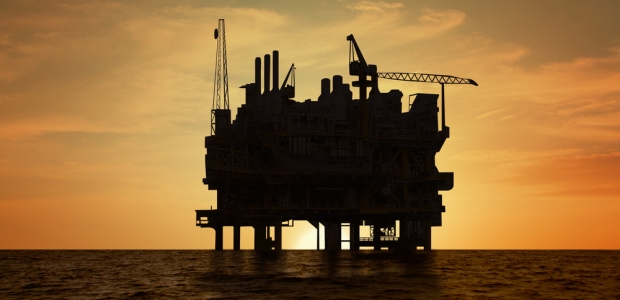
Interior Department Leaders Tout New Well Control Regulation
Secretary Sally Jewell said offshore drillers and operators are already complying with much of the proposed rule, the third major regulation issued to address root causes of the Deepwater Horizon disaster five years ago.
Interior Secretary Sally Jewell, Assistant Secretary for Land and Minerals Management Janice Schneider, and Bureau of Safety and Environmental Enforcement Director Brian Salerno said April 13 that offshore energy drillers and operators are already complying with much of their agency's new regulation on well control for Outer Continental Shelf operations. The three officials held a news conference to brief media representatives about the proposed rule, which is subject to a 60-day comment period.
The department's news release said the regulation's well control measures would implement recommendations from various investigations and reports on the Deepwater Horizon explosion, which killed 11 workers and caused a major oil spill in the gulf. These included reports from the Bureau of Ocean Energy Management, Regulation and Enforcement/U.S. Coast Guard Joint Investigation-Forensic Equipment Analysis (September 2011); the National Academy of Engineering (May 2012); the National Oil Spill Commission (January 2011); the Ocean Energy Safety Advisory Committee; and the Government Accountability Office.
The regulation reflects the recommendations, industry input, and consensus standards from the American Petroleum Institute and other organizations. American Petroleum Institute Upstream Group Director Erik Milito said April 13, "We are reviewing the proposed rules and hope they will complement industry's own efforts to enhance safety. Improved standards for blowout preventers are one of the many ways industry has led the charge to make offshore operations even safer.
"A great deal of effort has been put into strengthening spill containment and response, but our first goal is always to prevent accidents from happening at all," Milito added. "Our industry is committed to meeting the nation's energy needs while maintaining safe and environmentally responsible operations."
API strengthened its Standard 23 for blowout preventers in 2012 to prioritize consistent procedures, preventive maintenance, inspections, and testing.
Jewell, who described the Deepwater Horizon incident during the news conference as "one of the biggest environmental catastrophes of our time," credited the offshore industry for stepping up its emphasis on safety. Schneider called the regulation a comprehensive rule that is meant to reduce the likelihood of any offshore well blowout.
The regulation's estimated cost to the industry is $883 million over 10 years, Salerno said.
The final report from the Bureau of Ocean Energy Management, Regulation and Enforcement's investigating panel, issued in September 2011, concluded that multiple failures caused the April 2010 explosion aboard the Deepwater Horizon drilling rig, while laying most of the blame on BP. Many recommendations in that 217-page report focused on the blowout preventer, a 350-ton stack of safety valves and shutoff equipment that failed to shear off the drill pipe and halt the flow of hydrocarbons from the seabed as designed.
"We worked to collect the best ideas on the prevention of well control incidents and blowouts to develop this proposed rule – including knowledge and skillsets from industry and equipment managers," Schneider said April 13. "This rule proposes both prescriptive and performance-based standards that are based on this extensive engagement and analysis."
A BSEE fact sheet on the regulation is available here.